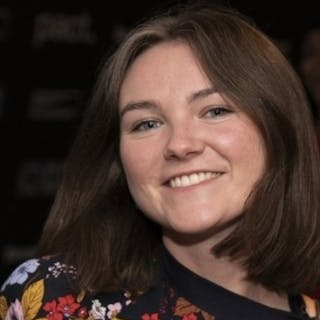Ad of the Day: Shelter keeps #NoHomeKit campaign alive despite Premier League obstructions
Earlier this month, the English Premier League blocked clubs from taking part in Shelter’s #NoHomeKit campaign. The move by the football league forced the homeless charity and its agency partner to pivot strategies to keep the campaign alive.
The #NoHomeKit campaign, created by Dark Horses, encourages football clubs playing at home on Boxing Day to wear their away kits to raise awareness of homelessness, which the Premier League claimed breached regulation.
The Premier League faced backlash from clubs, supporters and footballers, with Gary Neville tweeting: “Imagine refusing a request to raise money and awareness for homelessness. A Johnson-like U-turn on its way if the clubs push hard!”
Fans of Tottenham, Everton, Watford, Brighton and Hove Albion and Brentford said they would change their kit even if their team can’t. The English Football League (EFL), which represent the lower leagues, has supported the campaign with a swathe of teams in the Championship, League One, League Two and regional leagues set to swap their kits come Boxing Day.
“While we were obviously disappointed with the Premier League’s decision, the response from so many voices across football was so positive and passionate for the cause, we knew we’d still be able to deliver a successful campaign,” says Tom Whitehead, assistant director of community and events at Shelter.
In the immediate aftermath, Dark Horses and Shelter hit the phones trying to engage with the campaign off the pitch and doubled its efforts to rally EFL clubs. Whitehead says that because the campaign had already launched, the team had to create fresh conversations and reach out to new partners.
#NoHomeKit is conceived as a multi-year campaign for Shelter and forms part of the charity’s strategy to tap into football. “Football clubs are at the heart of our local communities and many are already trying to support those living with the harsh realities of homelessness and of not having a safe place to call home,” says Whitehead.
Outside of Premier League pushback, Dark Horses chief executive officer Melissa Robertson says the project took time “to get hundreds of people engaged across clubs, brands, friends, colleagues and beyond”. She says the campaign taught the core team “ways to Tardis-ify our diaries to incorporate literally hundreds of meetings over the course of the year, while still doing our day jobs”.
She praised her teams for the “resilience to bounce back even stronger from each and every knock-back, dead-end and issue along the way”.
With over 100 clubs now agreeing not to wear home kits, Whitehead says it was an easy sell. “People just get it. The core idea behind the campaign is so clear, and it connects to an issue that fans see in their local community. I think this has made it easier for clubs to decide to sign up.
“We’re going to learn a lot from what we’ve done in 2021 and see where the opportunities are to grow it in the future.”

